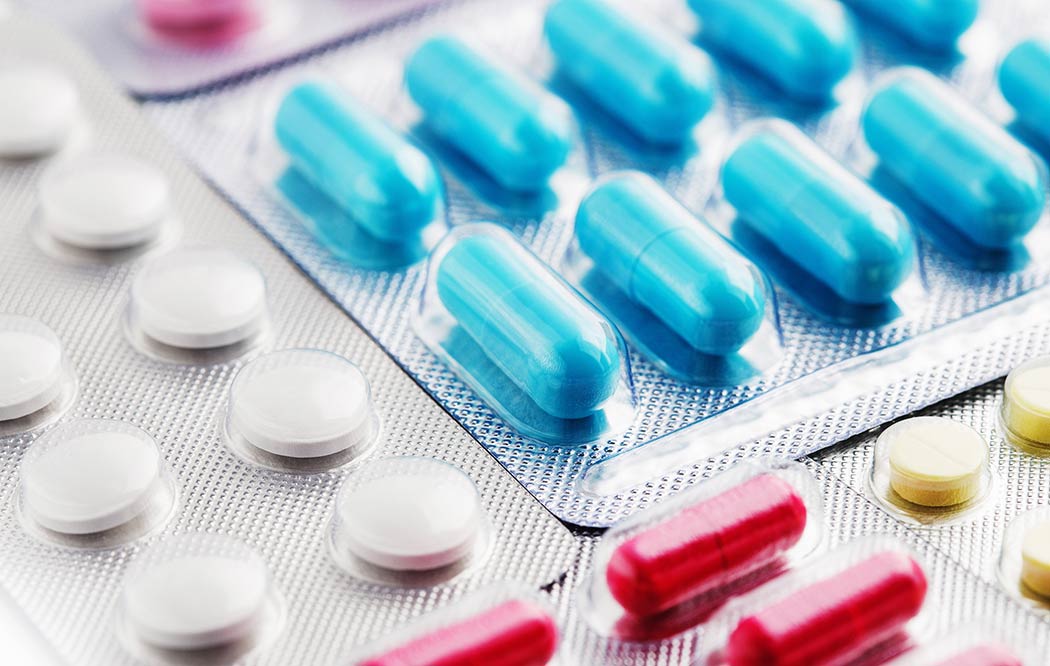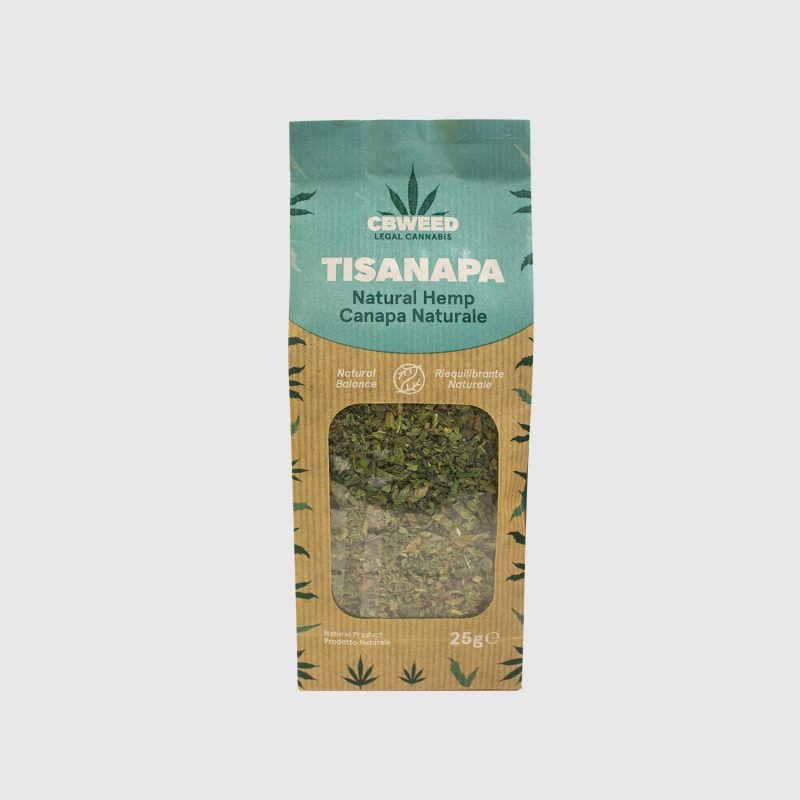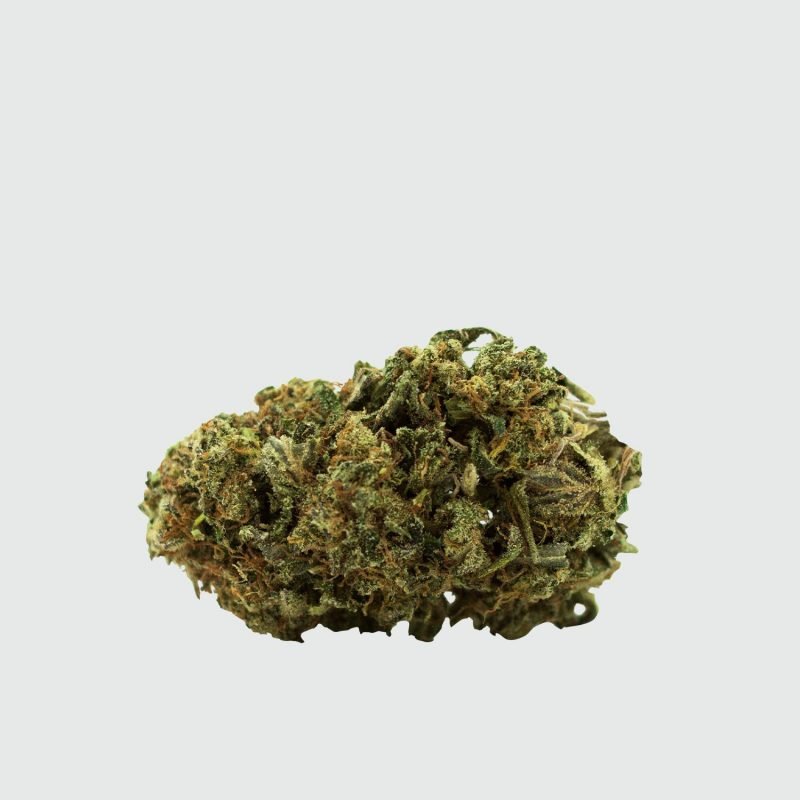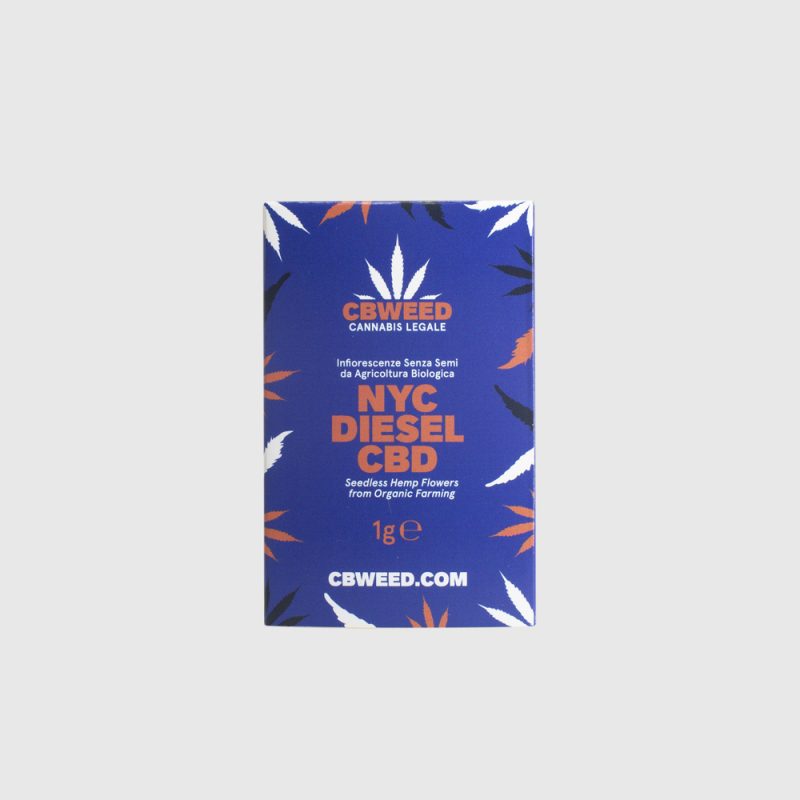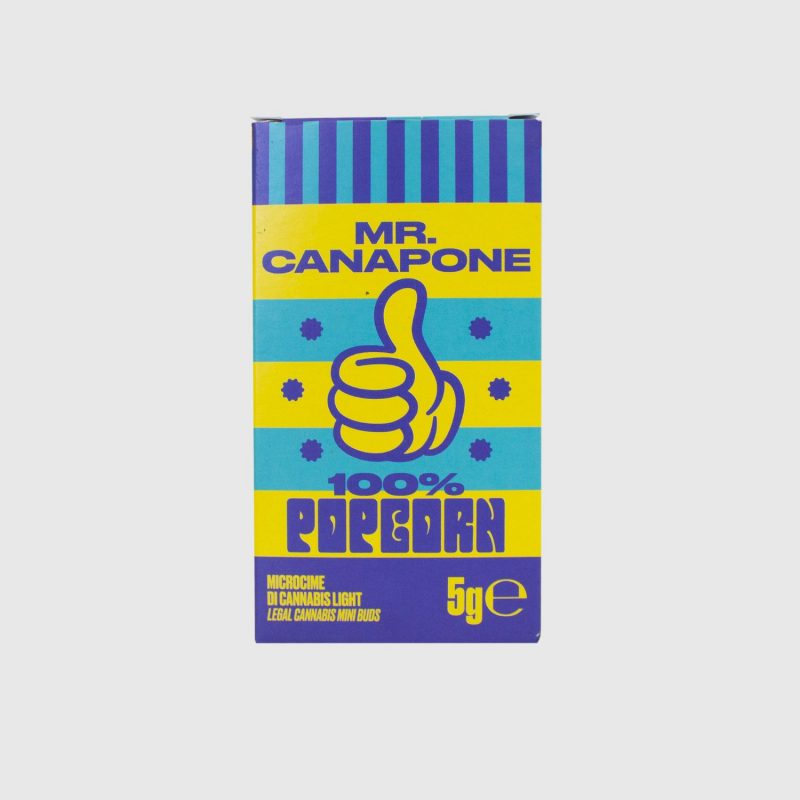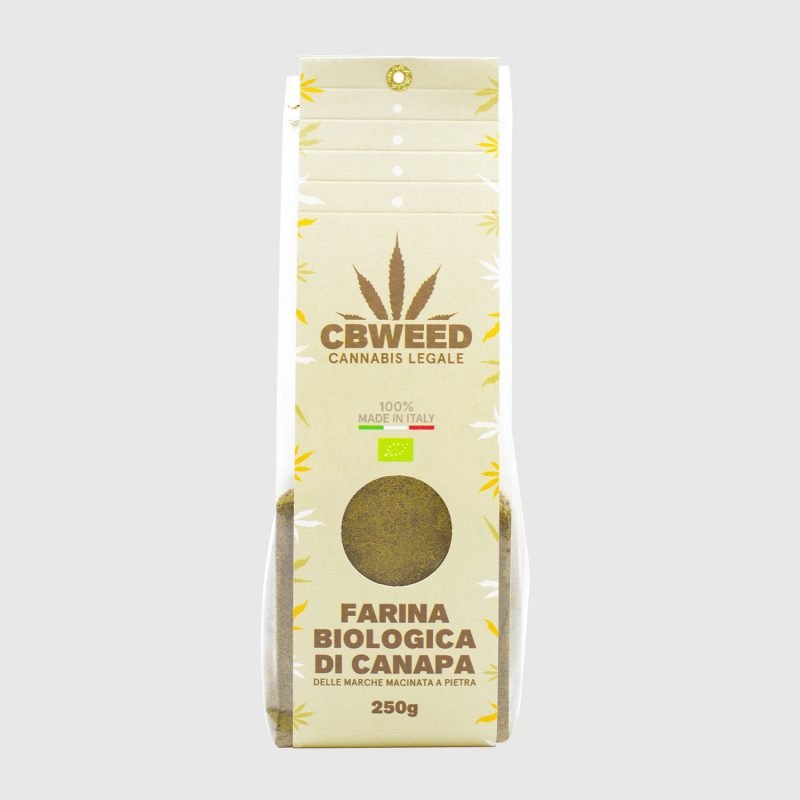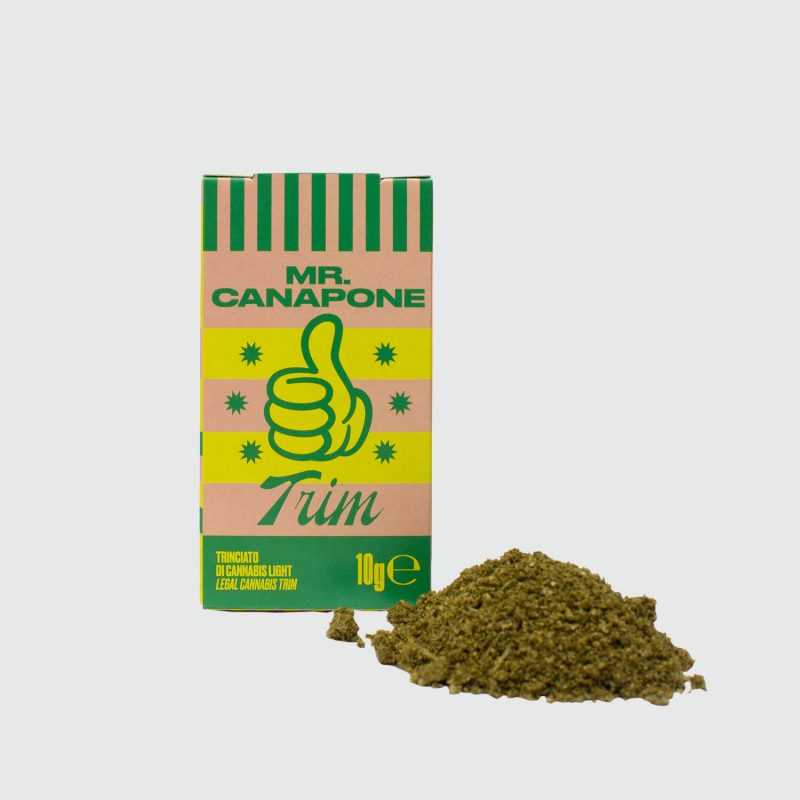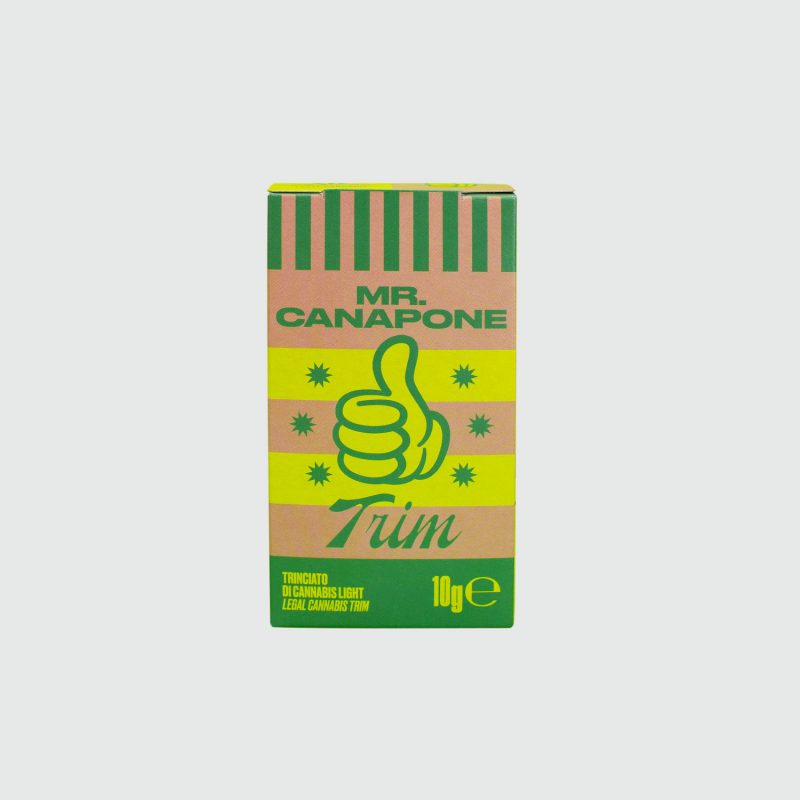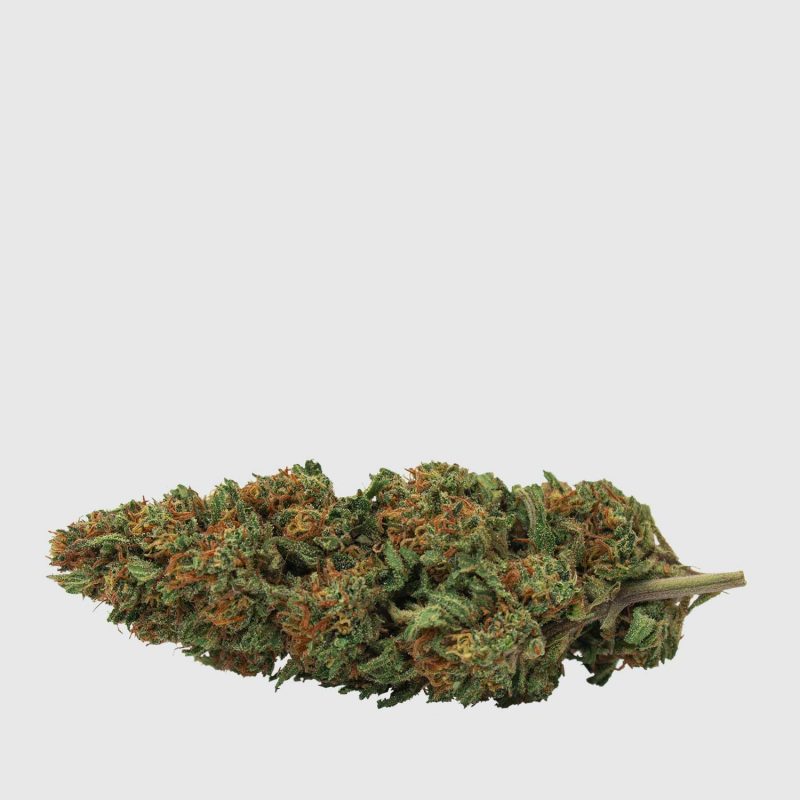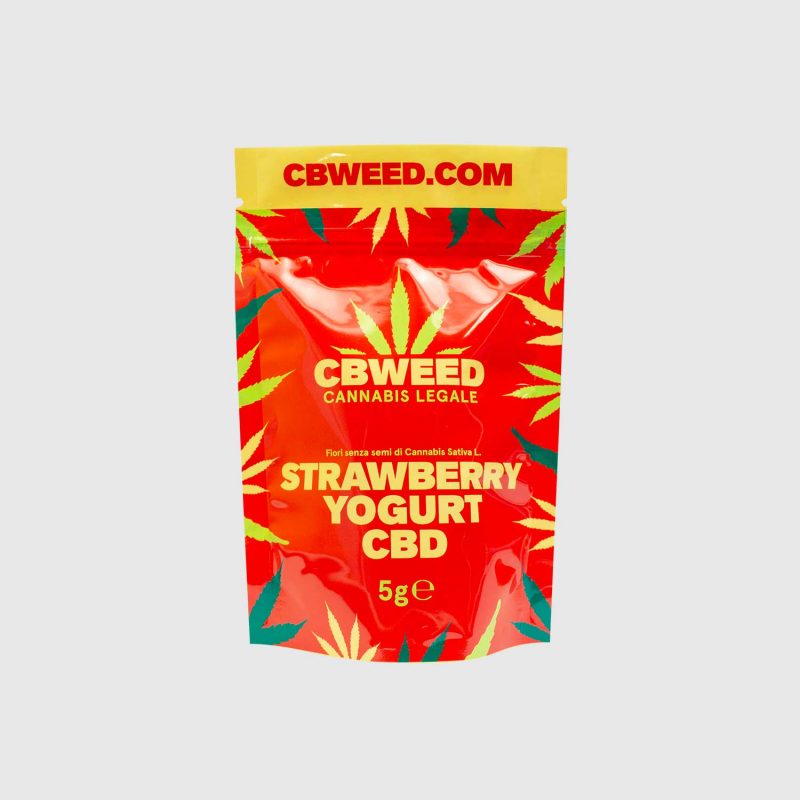Interactions between drugs, medicines and cannabis&THC
People have used Cannabis for a very long time in a completely illegal way all over the world: today that the product is entering the legal sphere by degrees and its therapeutic value has finally been recognised, it is essential to spread awareness of its use, especially concerning drug interactions.
Not everyone knows that some medicines can intensify or limit the effects of Cannabis, especially concerning THC (the interactions between drugs and CBD we have discussed in this article). In the same way, it is possible that the interaction is inverse and that it is the use of Cannabis to modify the performance of other drugs, leading them to have greater or lesser efficacy or inducing other adverse reactions. Some types of interactions between drugs and Cannabis are well known and even exploited in some medical situations, such as the strengthening of the painkiller effect (concomitance of Cannabis and opioid intake) or the synergistic action between Cannabis and lowering drugs of intraocular pressure for the treatment of glaucoma, as well as for the increase in the action of antispasmodic and anti-emetic drugs.
Other combinations, on the other hand, are potentially dangerous and must be known in order not to risk incurring severe health problems. In particular, we must keep an eye on these classes of drugs: psychotropic substances, medicines that act on the heart and circulation, sedative drugs or those that act on the nervous system.
You may also be interested in:
Cannabis and adolescents: no brain damage, science says
It is, therefore, necessary to be very well informed when deciding to consume cannabis while under medication, because it is crucial to carefully identify the effects of cannabis use associated with the medicines taken. It must be emphasised that the adverse effects we are talking about are almost always labelled as rare in medical research on the subject, or their manifestation has been found in a minimal number of patients, while the positive effect produced by the association of marijuana and medicines it is found very frequently.
Here are the drugs that can present contraindications when taken in conjunction with Cannabis:
Anticoagulant drugs
Cannabis is known to increase the effect of anticoagulant drugs such as heparin or warfarin. For this reason, it can be risky for those taking this type of drug to consume Cannabis. An imbalance of the coagulation can give rise to significant bleeding, hematomas and haemorrhages. But it is good to know that to have significant anticoagulant effects, Cannabis must be consumed in high quantities and must have high levels of THC.
Blood pressure medications
Undoubtedly one of the main attentions to pay when it comes to Cannabis and drugs is for those with pressing problems. Cannabis, especially those with a high THC content, is known to help lower blood pressure. The cannabinoid psychoactive cannabis can stimulate some receptors that lead to an intensification of the heart’s activities, to higher consumption of oxygen and to a considerable pressure drop, particularly problematic for those who already take drugs for pressure control.
Viagra and other drugs metabolised by cytochrome P450
Cytochrome P450 is essential for the metabolization of some drugs. It has been shown in several studies that the intake of cannabinoids in large quantities can inhibit the activities of cytochrome P450, thus limiting the effect of the medicines taken, just as it happens for grapefruit juice and green tea. The most common of these is undoubtedly the viagra, the drug for erectile dysfunctions that, unfortunately, if taken together with high doses of marijuana, might not induce the desired effect.
Sedatives, antidepressants, barbiturates, narcotics
With these categories of drugs, the main problem lies in the fact that their action mechanism, which acts on the central nervous system, is added to the very similar effect produced by cannabinoids. CBD and THC also induce a sedative-type effect and may increase the drowsiness or dizziness that are usually already related to the use of these categories of drugs. Furthermore, about tricyclic antidepressants, it is vital to know that the simultaneous intake of Cannabis can cause a significant effect of antimuscarinic symptoms (such as tachycardia). Tricyclic antidepressants are widely used, the most common being Clomipramine (Anafranil), Imipramine (Tofranil), Amitriptyline (Laroxyl), Trimipramine (Surmontil), Nortriptyline (Dominans, Noritren), Perphenazine (Mutabon), Trazodone (Trittico).
Anticholinergic and sympathomimetic drugs
Anticholinergic drugs (atropine, scopolamine, ipratropium, tiotropium, solifenacin, darifenacin, oxybutynin and triesifenidyl) or those that inhibit the activity of the neurotransmitter acetylcholine at the level of the central nervous system and sympathomimetic drugs (such as amphetamines and adrenaline) can give some cardiac side effects (such as tachycardia and pressure high) if taken concurrently with Cannabis at high THC levels.
Opioids
We have seen that the pain-relieving effect of opioids can be supported by cannabis use (and this is a decisive factor to help fight pain). Still, this combination should be used with the right caution because even the sedative effect of the drug can add to that induced by Cannabis and thus become particularly important.
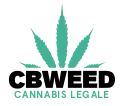

 Italiano
Italiano

